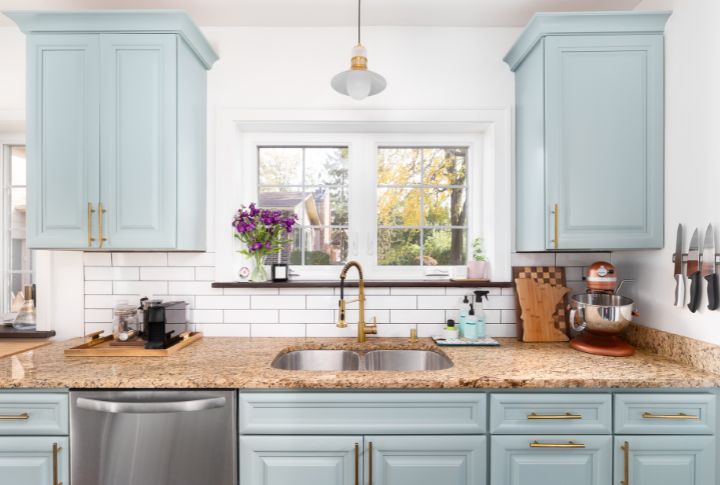
Choosing the proper kitchen countertop material is essential for functionality and aesthetics. These surfaces endure daily wear and tear, making durability a key consideration. Materials like quartz and granite offer longevity and resistance to stains and heat, but which is better? Read to find out.
Quartz is Man-Made, While Granite is Natural

Quartz countertops are crafted from resin and quartz chips, meticulously engineered to achieve desired aesthetics and performance characteristics. In contrast, granite countertops consist of natural quarried stone, offering a connection to the earth and a sense of authenticity in home design.
Granite Can Be More Budget-friendly

While both quartz and granite are esteemed as luxurious countertop options, there’s a notable price variation between them. Granite surfaces can be more economically viable in specific instances than some quartz alternatives. This price difference directly impacts the financial outlay required for kitchen renovations when you’re on a tight budget.
Quartz is Harder to Cut
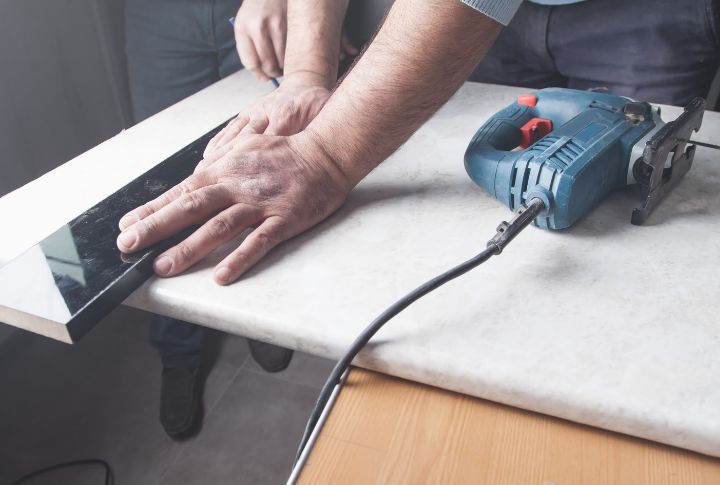
Quartz countertops present a challenge in cutting and customization compared to granite. The hardness and density of quartz make it more difficult to cut accurately, requiring specialized tools and expertise for precise shaping and installation. It results in higher labor costs during installation.
Granite Patterns are Unique
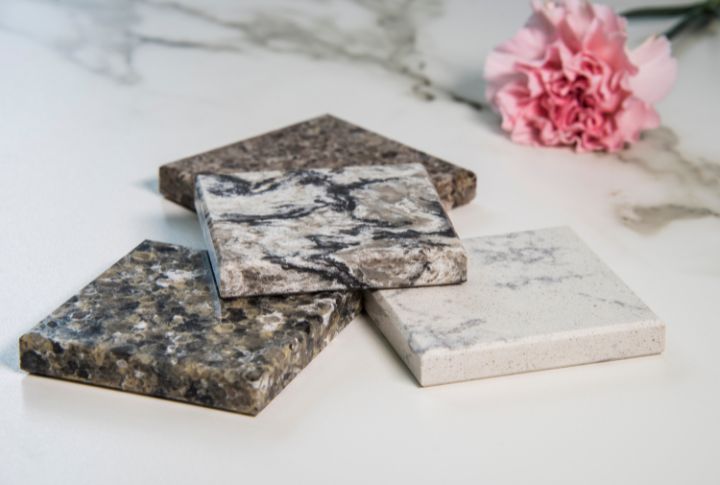
A granite countertop offers unique aesthetic appeal, with each slab possessing distinct patterns and characteristics inherent to natural stone. This makes them distinctive but also difficult to replace. In contrast, quartz is manufactured to replicate the appearance of natural stone.
Quartz Countertops are Lighter
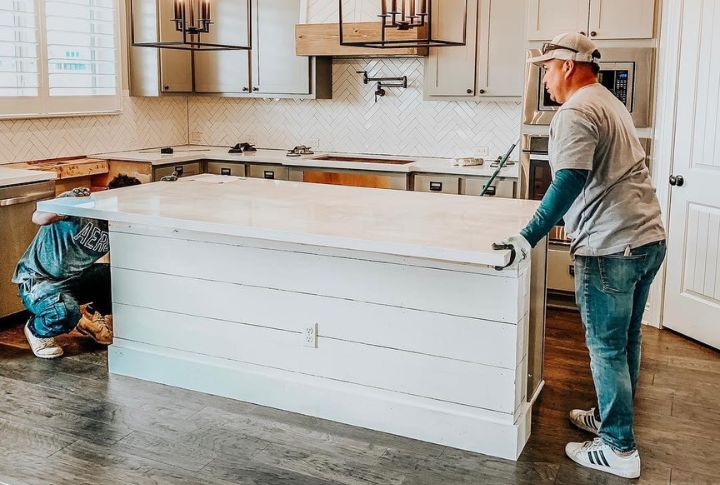
Granite countertops are slightly heavier than their quartz counterparts of the same size. While the weight discrepancy may not pose significant challenges for most cabinets, it can affect those made of MDF or other lightweight materials. Ensuring adequate support for heavier granite countertops is essential to prevent structural issues.
Quartz Comes in More Colors
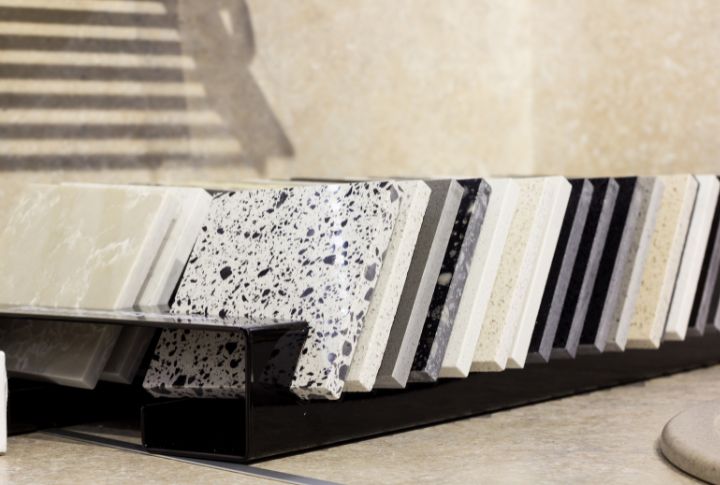
Quartz provides remarkable customization, offering a diverse spectrum of colors and patterns because it’s man-made. With these choices, homeowners can tailor their countertops to their unique aesthetic preferences. This isn’t the case with granite, which comes with fewer options.
Granite has a Negative Environmental Impact
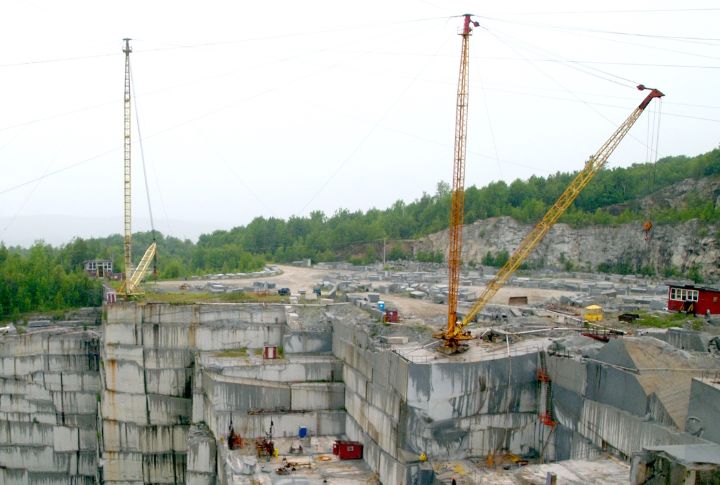
Are you considering how much renovating your kitchen will impact the environment? If the answer is yes, then you should avoid granite. Granite is a natural material that has to be cut, shaped, and shipped to where you need it installed. With quartz, the manufacturing process minimizes the depletion of natural resources.
Quartz is Stain-Resistant
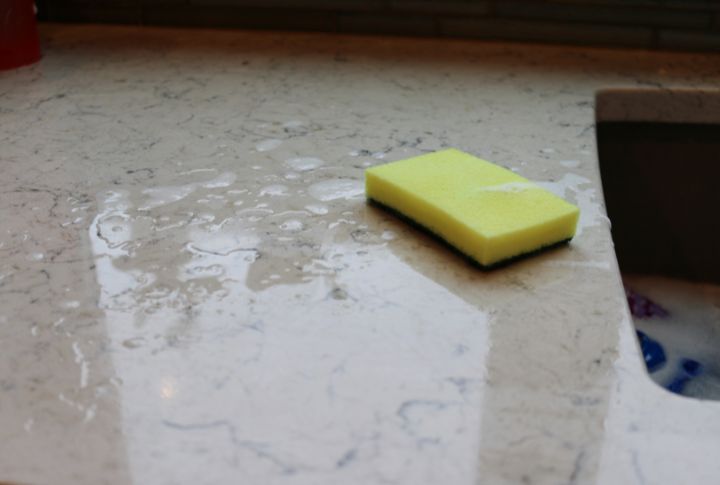
Granite is porous, so liquids will penetrate through the surface, causing hard-to-remove stains. Quartz countertops are non-porous and don’t stain, eventually decreasing the cost of cleaning or replacing them.
Granite Needs Daily Cleaning
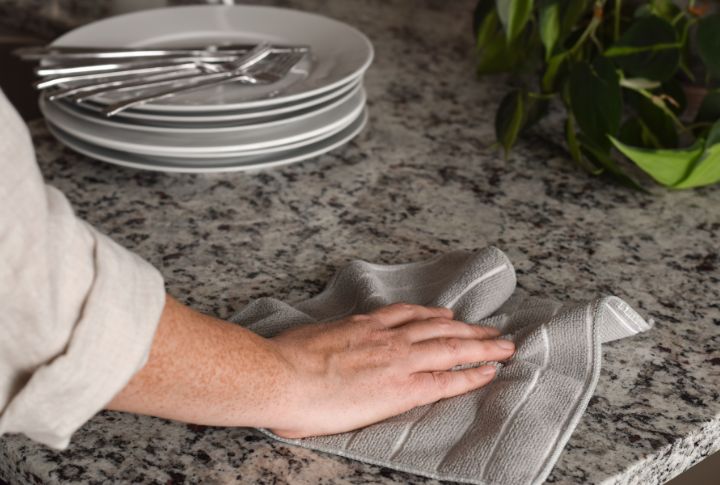
Cleaning your granite countertops daily is paramount. It prevents liquid stains and protects the surface from acidity while cutting veggies and fruits. Moreover, it stops mold growth on the porous surface. You don’t have to clean daily if you have a quartz countertop, so you’ll spend less on cleaning time and supplies.
Quartz is More Scratch-Resistant
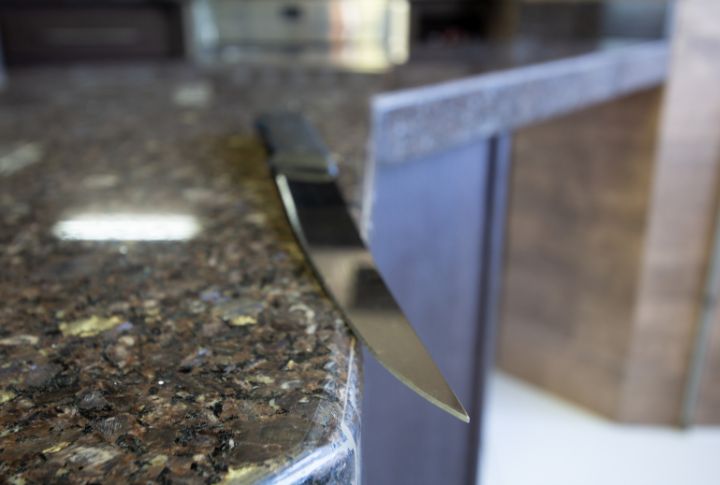
You can easily get the surface scratched when working with the knife or dragging utensils on your countertop. But not when you’ve installed quartz, which is more scratch-resistant than granite surfaces. The composition of quartz incorporates durable materials that reduce the risk of abrasion.
Granite Needs to Be Resealed
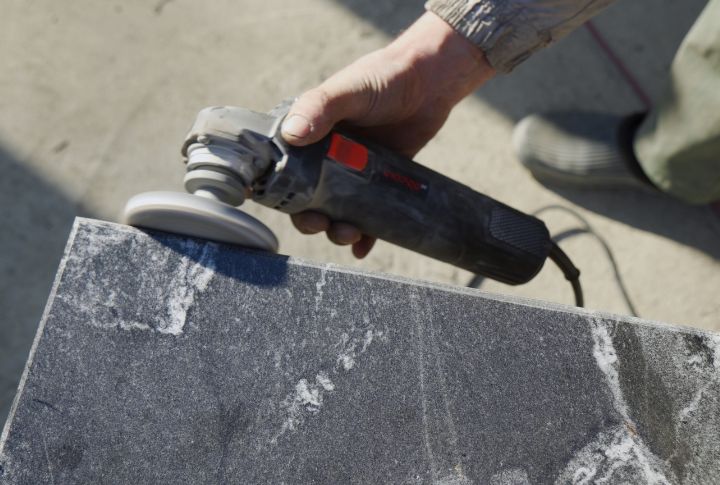
Unlike granite, which requires annual resealing to maintain its integrity, quartz surfaces don’t need such treatment. The absence of a sealing requirement eliminates the recurring cost associated with granite maintenance and streamlines the upkeep process for homeowners.
Quartz is More Durable
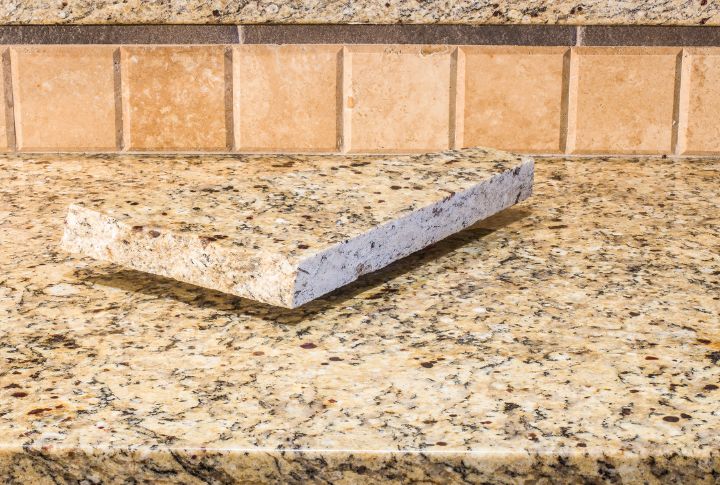
Have you ever dropped a heavy pan on your countertop? If you have a quartz countertop, you shouldn’t worry about it. Thanks to its durable composition and superior hardness compared to granite, quartz is less susceptible to breakage and damage, ensuring longevity in kitchen applications.
Granite is More Heat-Resistant
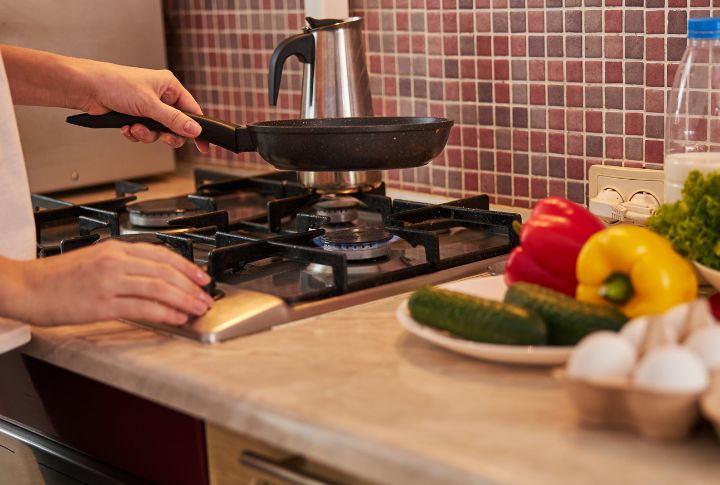
Both quartz and granite countertops have impressive heat resistance, but granite has slightly superior thermal properties. Quartz countertops might show discoloration signs if exposed to temperatures higher than 150 degrees Fahrenheit, whereas granite withstands up to 450 degrees. However, extended exposure to high heat can damage both materials.
Quartz is Less Prone to Cracking
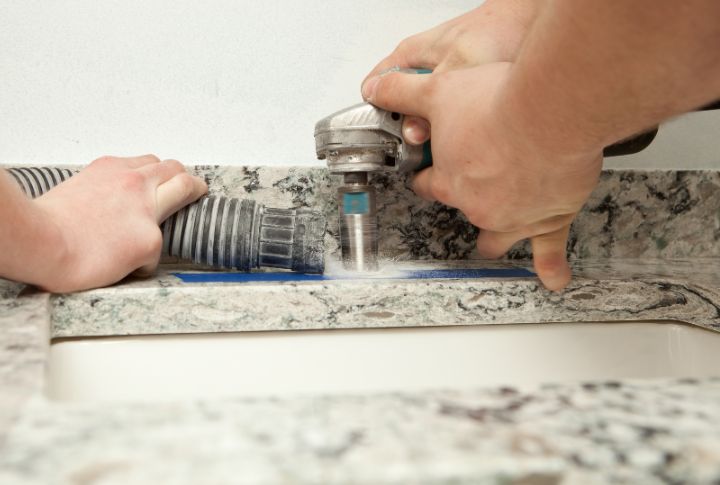
Although durable, granite countertops become more prone to cracking when used in the kitchen’s rough environment. Factors such as uneven weight distribution or sudden impact can contribute to the formation of cracks in granite. Quartz countertops, on the other hand, show excellent resistance to cracking due to their manufactured composition and uniform structure.
Granite Has a Lower Resale Value
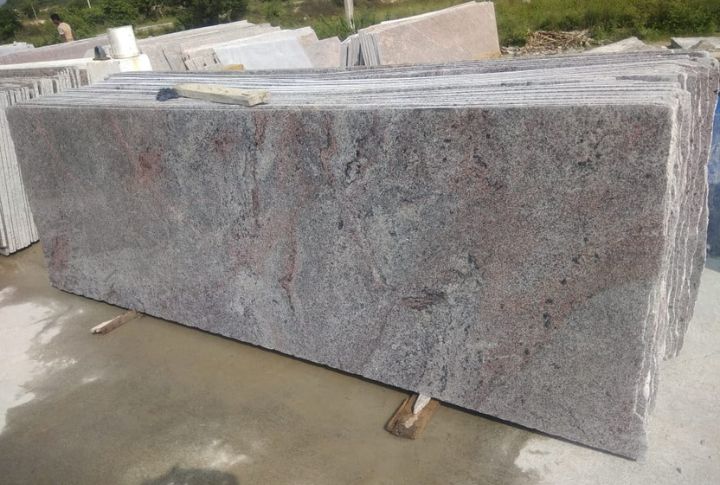
When it’s time to replace your old kitchen, granite countertops will lose about 25% of their original value in resale. Over the years, granite will change color and become cracked. Don’t expect to get wealthy from selling a quartz countertop, but it will probably maintain its old shape.

Comments
Loading…